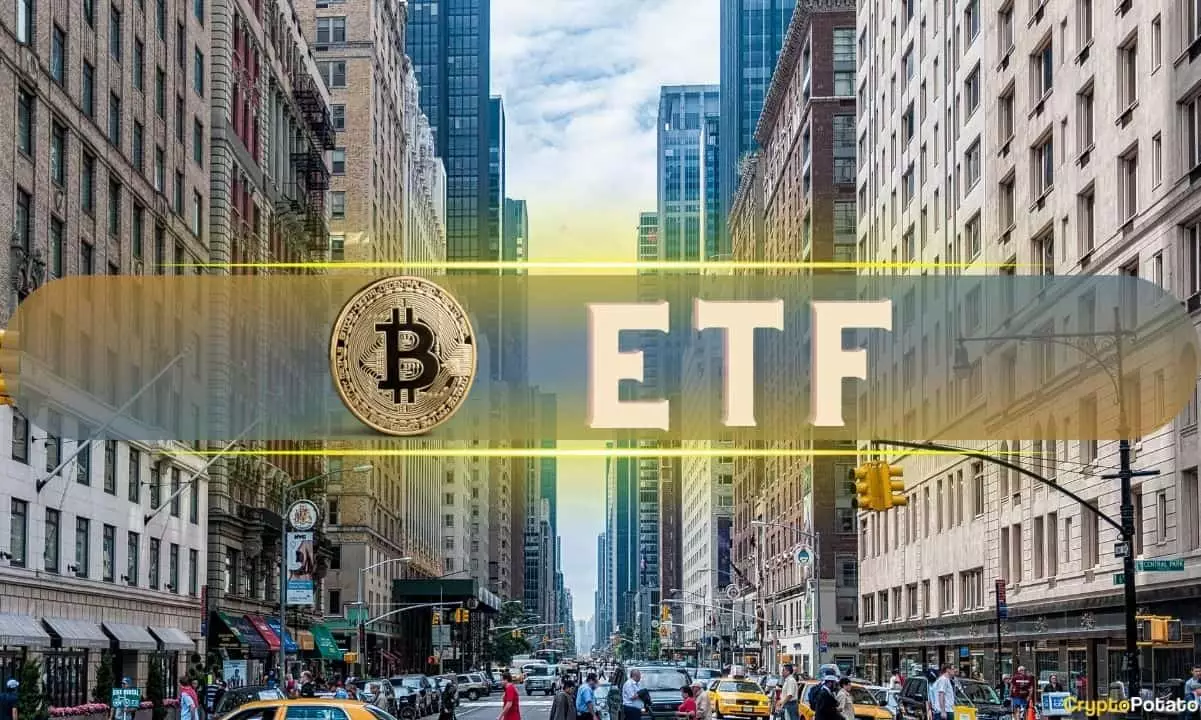The introduction of U.S. Bitcoin spot ETFs has marked a significant milestone in the cryptocurrency market, attracting a substantial amount of net inflows since their launch three months ago. This article will delve into the analysis provided by Glassnode analyst James Check, who measures the impact of these ETFs on the broader Bitcoin market using on-chain data.
GBTC Analysis
One of the key points highlighted by Check is the performance of the Grayscale Bitcoin Trust (GBTC), which has experienced massive outflows since January 11. Despite losing approximately 300,000 BTC, close to half of its total holdings, the rising value of the existing BTC on its balance sheet has prevented a significant decline in its net asset value, which now stands at $23.1 billion. Check categorizes GBTC as “long-term holder supply,” as most coins within the fund are held by older investors who acquired shares at a lower cost basis. This group has more incentive to sell as Bitcoin’s price rises, following a pattern observed in previous Bitcoin cycles.
Long-Term Holder Spending
Glassnode’s previous analysis indicated that the distribution of BTC from long-term Bitcoin holders has surged to levels seen in previous bull runs. GBTC now represents approximately one-third of all long-term holder spending in recent months. Check compared the net inflows of other Bitcoin ETFs to the change in Bitcoin’s “realized cap,” revealing that while ETF inflows reached $28.5 billion, the network recorded $52 billion in capital inflows. From a volume standpoint, ETFs make up about 40% to 50% of the traditional Bitcoin spot market, with futures volume still dominating both sectors at 80% to 85% of Bitcoin trading on average.
The introduction of U.S. Bitcoin spot ETFs has had a notable impact on the cryptocurrency market, with significant net inflows recorded since their launch. While these ETFs play a role in the market, they are still a fraction of the traditional Bitcoin spot market and futures trading volume. Glassnode’s analysis provides valuable insights into how these ETFs interact with existing market dynamics, shedding light on their influence on long-term holder spending patterns and overall capital inflows into the Bitcoin network.
















Leave a Reply